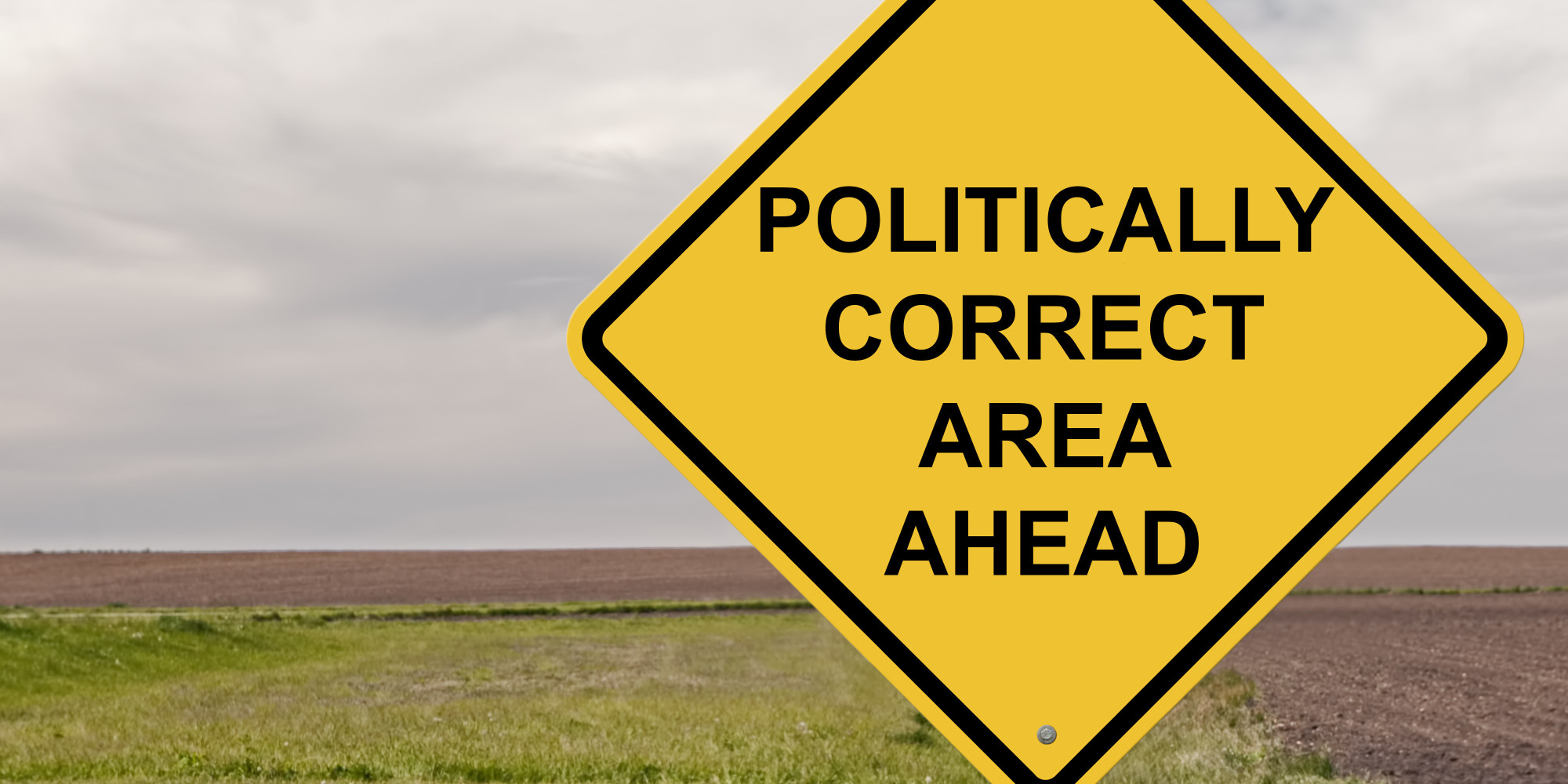
In the midst of such unprecedented events as those of the current American presidential race, citizens have grown enthusiastic about vocalizing their opinions — even when those opinions are the farthest thing from progressive.
A particularly popular trope amongst the anti-progressive is that Americans have become too politically correct, too sensitive, that “it wasn’t like this before.” Back in August, actor and director Clint Eastwood alleged that this generation is “walking on eggshells,” that people accuse others of racism and “all kinds of stuff,” whereas when he was growing up, “those things weren’t called racist.”
A large portion of the support of Republican presidential nominee Donald Trump (who inspired Eastwood’s words and who himself has proudly denounced political correctness) feels this way as well. They feel that political correctness is a threat to our nation, that its aim is to revoke freedom of speech rather than to help lay the groundwork for freedom for marginalized groups.
So to all those who concur with Eastwood and Trump that “those things” weren’t considered racist in the past, I am not here to disagree with you on that — quite the contrary, in fact; I am here to tell you: of course they weren’t. And the paradigm shift that has occurred in regards to how we define “offensive” should not upset you.
With each decreasing year in history, we find increasingly acute, candid, and institutionalized racial discrimination — even the most elementary level US history reveals that. So my question is this: To what time period are you referring when you say you wish things were as they “used to be”? At what point in history was the political dialogue better?
It was roughly 150 years ago that slavery was abolished. It was less than 75 years ago that we saw the end of a kind of “neo-slavery” in the form of debt peonage that stole freedom from black people across the nation. It was only 61 years ago that Rosa Parks was arrested for refusing to sit in the “colored” section of a bus, and a little over 50 years ago that Jim Crow laws were fully eradicated. It was throughout the twentieth century that there were hundreds upon hundreds of lynchings of people of color, a prosperous Ku Klux Klan, and unequivocal racism everywhere from next-door neighbors to written law.
And it is not as though the abolition of such laws suddenly flipped a switch within the white population, instantaneously purging them of their racism. White people now had to accept a legal system that did not coincide with the sickening ideologies that they had been fed throughout their lives. They had to accept that they were not actually superior — something which most could not handle. Many people took and continue to take their racism to the grave, but not without first instilling it in their children. Thus a cycle is born.
The point here is not to view history through a lens of pessimism, or to undermine all the progress that has been made; the point is that neither the death of slavery nor the death of Jim Crow laws nor any other event in between or afterward has marked the death of racism. The death of racism has yet to occur. And so it is not that “those things” were not racist in the past; it is that they were not condemned for being so, because racism was the status quo. Racism was the law even when it wasn’t anymore.
The extreme, explicit racism of the past is generally looked upon today as abhorrent by both the political left and right. But there were people on both sides of the issues when they were occurring; there were both supporters and opponents of slavery abolition, of desegregation, of suffrage, so on and so forth. There have always been (and still are) both supporters and opponents of equality for all people of color, for women, for LGBTQ people, for everyone. So next time you seek to justify and excuse modern systemic discrimination, next time you long for the “return” of free speech, consider your own beliefs and then consider the historical timeline of injustice, and ask yourself: which side of history would I have been on?




